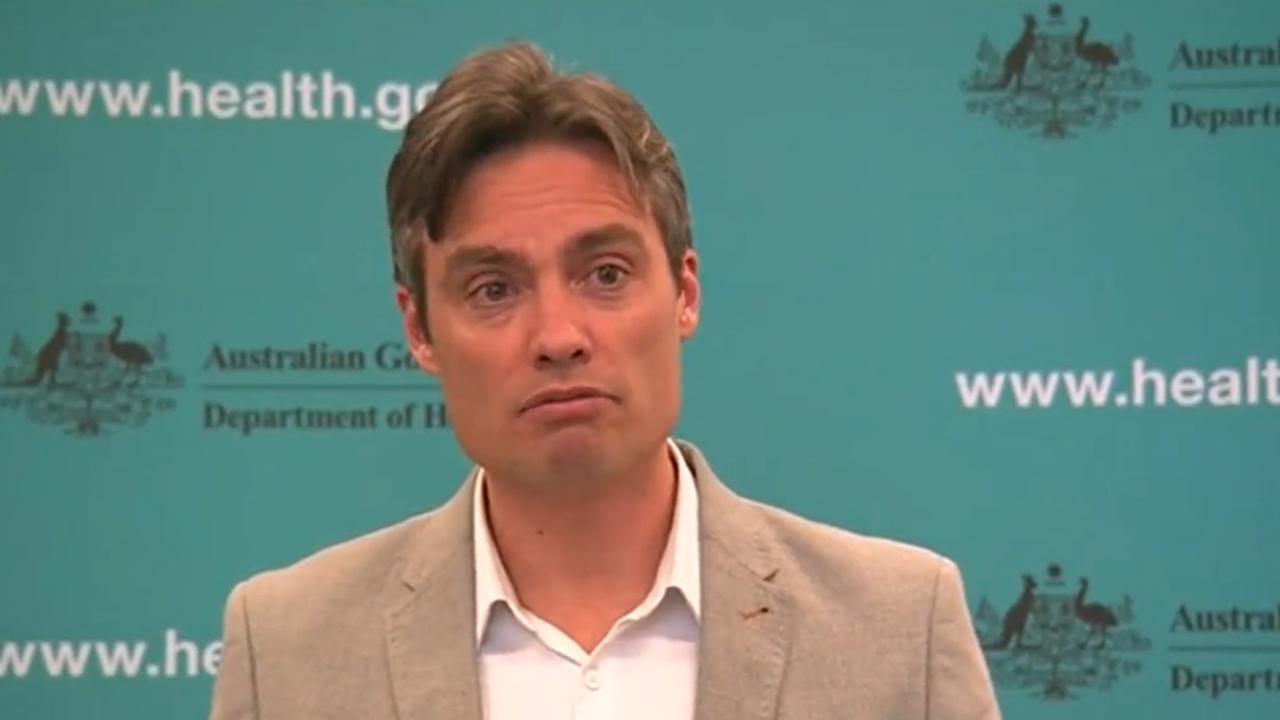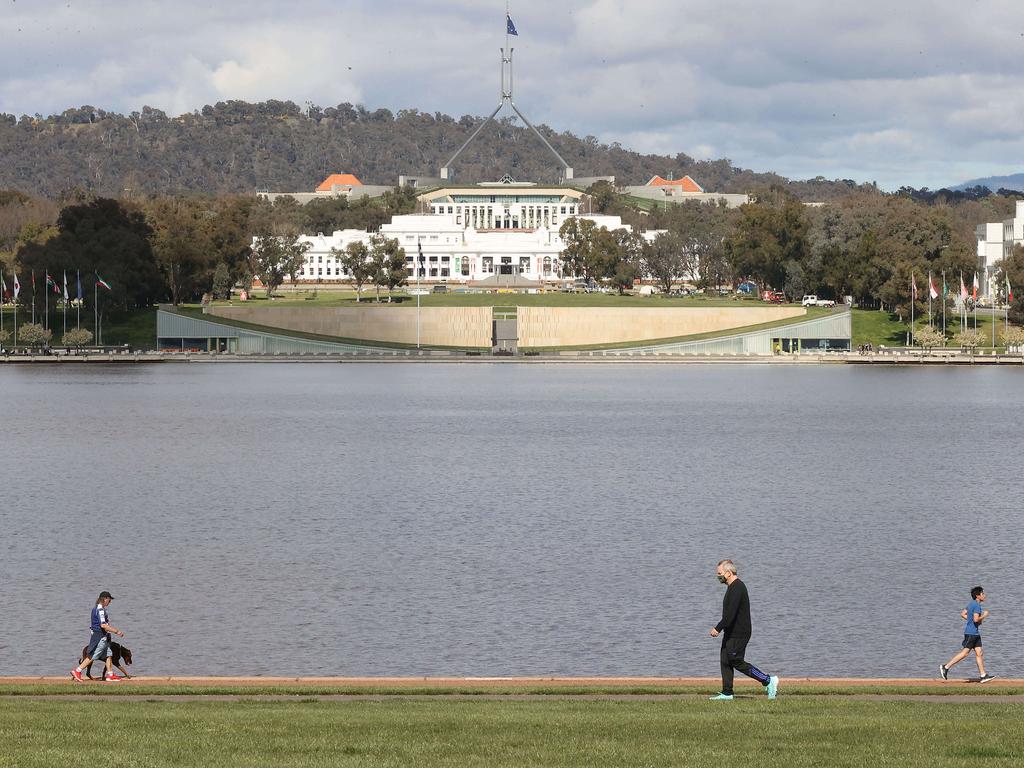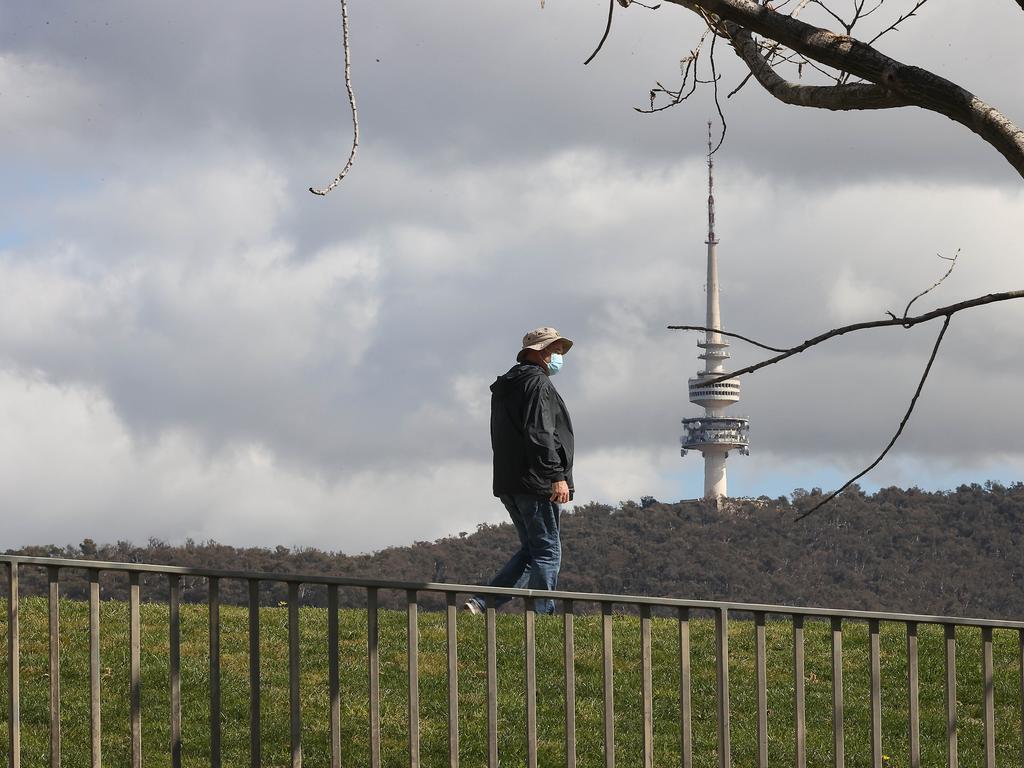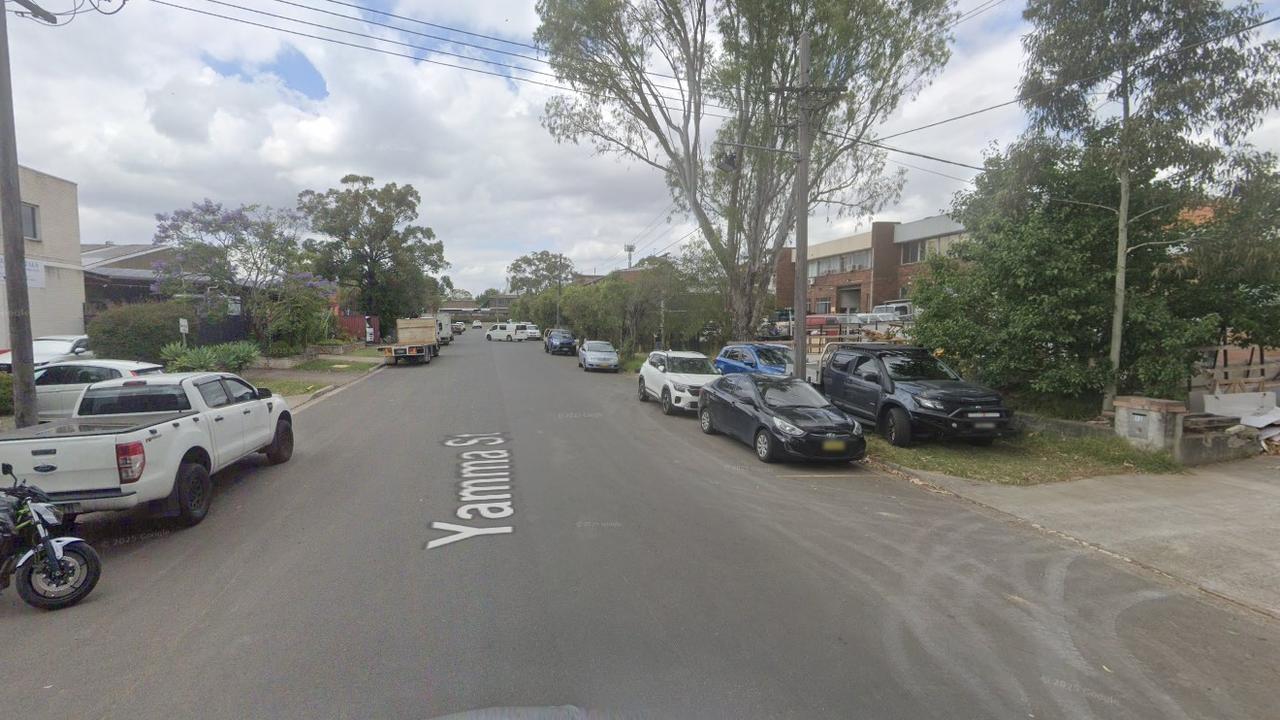Dr Nick Coatsworth says working from home ‘likely to be bad for your health’
The health benefits of WFH may have been “oversold” and too much time away from the office “is likely to be bad for your health”, a leading doctor says.

At Work
Don't miss out on the headlines from At Work. Followed categories will be added to My News.
The health benefits of working from home may have been “oversold” by its proponents and too much time away from the office “is likely to be bad for your health”, according to Dr Nick Coatsworth.
The country’s former deputy chief medical officer, now the Nine Network’s medical expert, has taken aim at the Canberra bureaucracy for its “unquestioning acceptance” of the post-pandemic “work-from-home mantra” in an opinion piece for The Australian Financial Review that has, unsurprisingly, ruffled some feathers online.
“What disturbs me as a physician is that health, both mental and physical, has been used as a justification for increasing flexibility provisions when the evidence underpinning the health benefits of working from home is sketchy and conflicting,” Dr Coatsworth wrote on Tuesday.
“Instead of offering a holy grail of flexibility and work-life balance, what if WFH might lead us to an early grave by actually increasing stress and decreasing our fitness?”
Dr Coatsworth laid out several objections to common arguments in favour of working from home, including that were “obvious” benefits of face-to-face interaction with peers and colleagues.
“Positive face-to-face interactions with other humans, regardless of the context, stimulate dopaminergic pathways in our brains that improve sense of wellbeing, decreasing blood pressure and improving cardiovascular risk factors,” he wrote.

He also suggested the evidence that working from home enhanced work-life balance and improved mental health was “conflicting”, with European research suggesting public servants who worked from home were “more likely to work outside normal work hours and on weekends”.
“The inference here is that the flexibility offered by WFH arrangements is used for non-work activities during standard work hours and workers have to ‘make up’ time and complete tasks at other times of the week,” he said.
This blurring of the lines between “on” and “off” was removing the “psychological benefits of routine”, he said.
Dr Coatsworth argued the physical health benefits, through increased time for exercise, were also doubtful — at least for federal public servants based in Canberra, where daily commutes are typically no longer than 20 minutes.
“Under the assumption that someone who is working from home shouldn’t be exercising during taxpayer-funded work hours, WFH provisions can be expected to increase the sedentary nature of work,” he wrote.
“Gone is the incentive to ride or walk to work, or even use public transport. Instead, the five-metre walk from bed to study is the expected physical output of a day at work. No choosing the stairs. No walking to the boss’ office, or from one side of the Defence buildings at Russell to the other … There is a real danger that our 21st-century aversion to movement with all its attendant health risks may increase under WFH arrangements.”

But he added that this problem was “likely unique” to the Canberra public service and “for many workers in our major cities there is no doubt that the time freed up from commuting that could be devoted to physical activity is a health benefit of a WFH model”.
Dr Coatsworth noted data presented to Senate Estimates suggests 10 to 42 per cent of public servants work from home at least three days per week.
“The taxpayer now funds a system where any public servant could negotiate a majority of their hours working from home,” he wrote.
“So be it, but let’s not be under the illusion that we’ll have a healthier, happier public service because of it.”
The piece sparked backlash from a number of social media users.
Former union boss Tim Lyons wrote on X, “What if we’d run a giant multi-year natural experiment and many people liked it and experienced real benefits to their lives and we might give them the option to continue? That might be bad. I am a Doctor.”
Another user said WFH “means I have time to go to the gym in the morning, go for a walk/run during lunch, and do more activities with the kids after work”.
“I have never been fitter and healthier in my life. WTF are you talking about Dr Nick?” they wrote.
Reacting to the backlash, Dr Coatsworth told news.com.au there was “a balance to be had where the health benefits of work from home are optimal, but health benefits should not be oversold to justify a policy position that encourages a majority of time to be spent away from the workplace”.
“This debate is often reduced to branding anyone who questions work from home as an enemy of working parents, particularly working mothers,” he said.
“What I am doing is questioning the health benefits advanced by proponents. And cautioning against assuming that work from home will by default be better for our health.”

Dr Coatsworth’s comments, while drawing a significant amount of ire from outside the Canberra bubble, reflect a growing “divide” in the capital city between office-based public servants and emergency workers like doctors and police.
Earlier this year the ACT government confirmed it would become the first Australian jurisdiction to trial a four-day work week in the public sector.
That came after public servants, including federal employees in Canberra, last year secured the right to request unlimited working from home days under a new agreement between the Community and Public Sector Union (CPSU) and the Australian Public Service Commission (APSC).
The ever-growing list of flexible work perks, which are typically not available to frontline emergency personnel, are fuelling resentment between the two classes of public servants, news.com.au understands.
“We’re creating an elite workforce,” said Peter Strong, former long-time chief executive of the Council of Small Business Organisations Australia (COSBOA) now running as an independent for the ACT Legislative Assembly.
“Now they’re looking to trial a four-day work week, [where] you work four days, 32 hours, but do five days’ work and get paid for five days. What does that mean for emergency workers? Do we say to criminals, ‘Can you not commit crimes on Friday, please, because that’s when our blokes are having a day off?’”

In its final response to the Future Working Week Inquiry released in January, the ACT government said it was “mindful of the clear benefits a four-day working week would provide” to workers but acknowledged it would pose “challenges”.
“Whilst productivity may increase, it may not increase sufficiently or with enough longevity to fund the model in the longer term,” it said.
“Further, staffing in many frontline areas will most likely have to increase to ensure adequate roster cover and ensure service delivery is maintained.”
Mr Strong said “it’s a divide” where “some of us have the luxury of working from home looking after the kids” while “others have to suck it up”.
“If you have to go and save lives you don’t count,” he said.
“I object to it. Why do some people get to be elite? Why are we creating this double stream? What we’re saying to people is don’t become a policeman, don’t work behind a bar, don’t sell things, because you won’t get the same special treatment that you’ll get if you work in the public service. There’s no doubt in my mind it creates a divide.”
He also claimed that the “great majority” of public servants he spoke to “do not like it”.
“You know how the public service works — if you’ve got 10 people in a team and one person wants something you’ve got to do it, even if three people don’t,” he said.
“That’s a problem in the public service that has to be changed. In Canberra it’s creating a divide and not a good divide. Public servants are well paid, the great majority of them get it, they understand, and it frustrates them.”
Originally published as Dr Nick Coatsworth says working from home ‘likely to be bad for your health’









